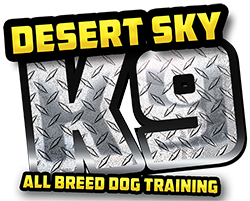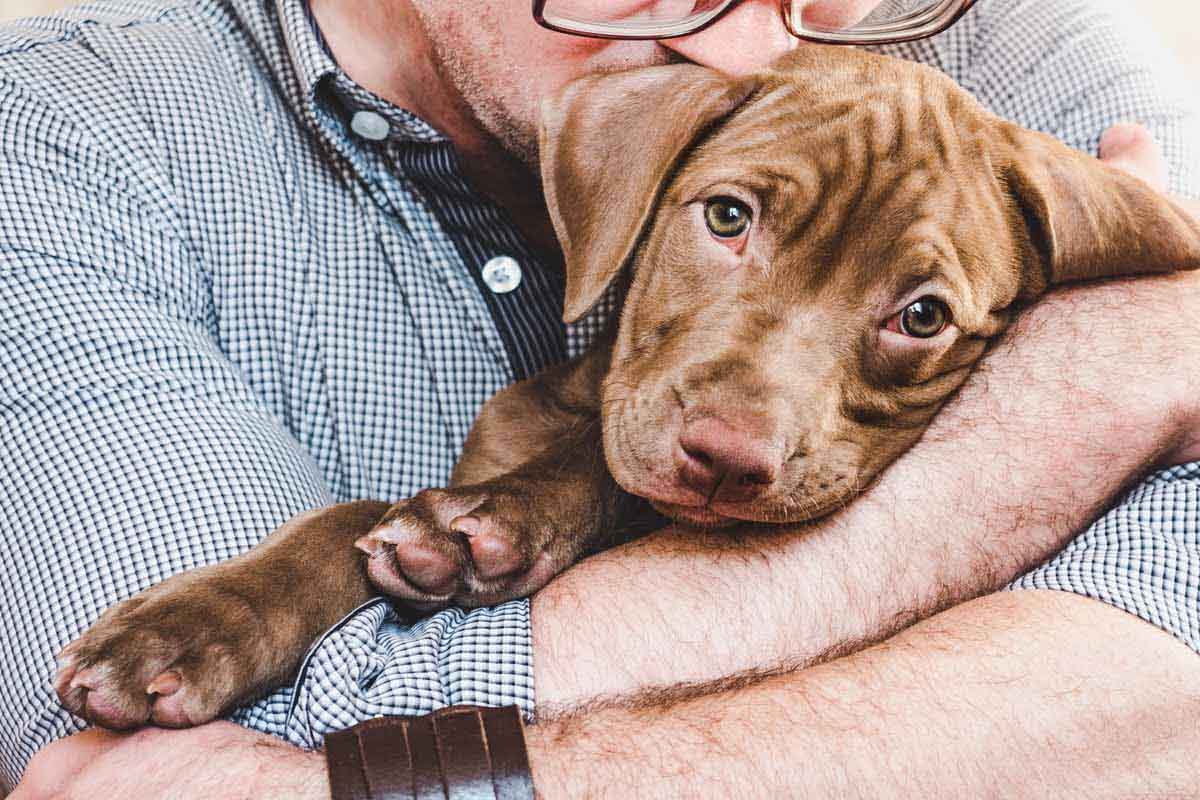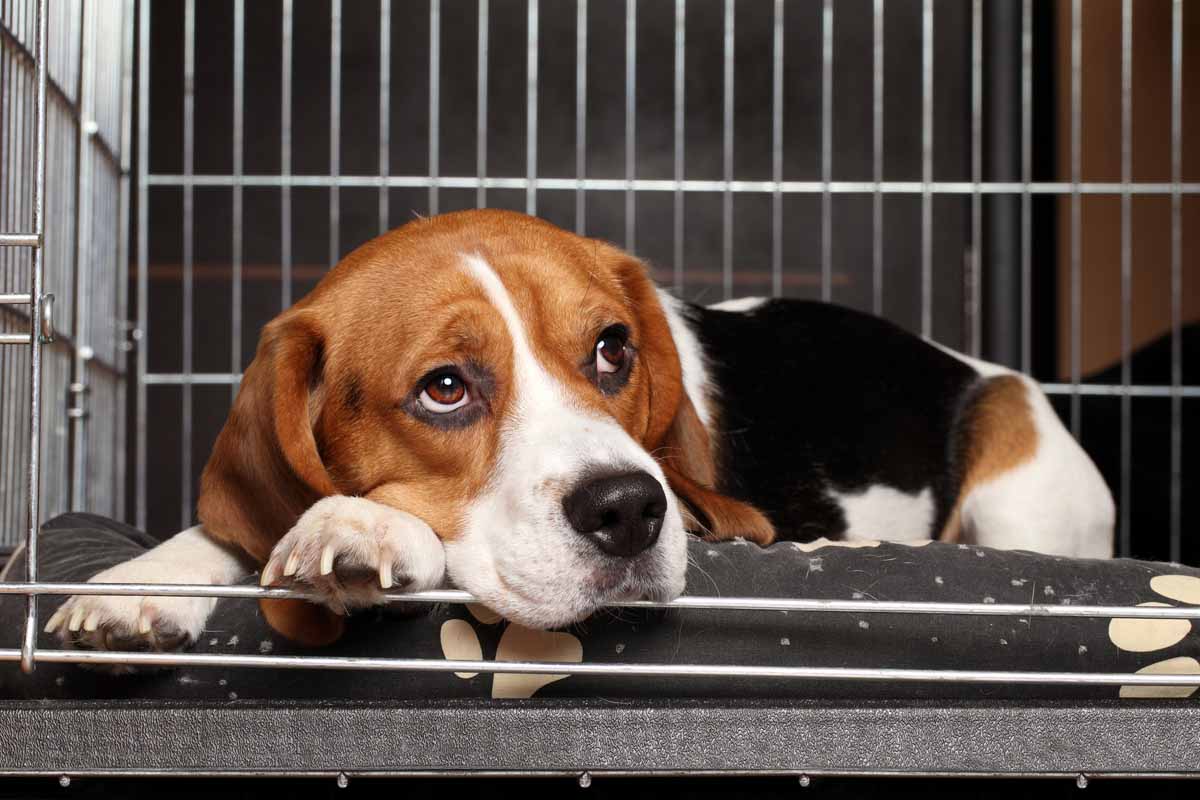If you’ve just welcomed an adult dog or senior dog into your life, you might be wondering if potty training is still on the table. The answer is an enthusiastic yes! Whether your new canine companion has been re-homed, moved into a new house, or simply needs a refresher, house training is absolutely achievable—no matter the age.
Below, we’ll walk you through practical tips, common challenges, and proven techniques to make the process smooth for both you and your dog. And remember, if you’d like expert, hands-on help, Desert Sky K9 specializes in training dogs of all ages, including tailored potty training support.
Why Potty Training Older Dogs Happens
Many adult dogs come into our lives already knowing the basics, but not all do.
An older dog may need potty training because:
- They were never fully trained as a puppy
- They’re adapting to a new environment or new house
- They have medical issues that require a change in routine
- Their family member’s lifestyle or living space has changed
Understanding the reason is the first step toward success, and with a professional trainer guiding you, you can address both behavior and environment at the same time.
Positive Reinforcement Works Wonders

Use a reward like tasty treats or praise whenever your dog goes in the right place. Positive reinforcement makes the behavior more likely to happen again.
At Desert Sky K9, we specialize in positive reinforcement training methods to ensure your dog enjoys the learning process and feels confident.
Patience Is Your Secret Weapon
When potty training older dogs, patience is essential. Most dogs can learn quickly with the right approach, but some may need a few weeks or even a few months to adjust.
Remember: this is new training for some of them, not just a refresher.
If you’re short on time or struggling to stay consistent, Desert Sky K9’s Board & Train Bootcamp can give your dog the dedicated daily training they need while you continue with your routine.
Create a Consistent Routine
Dogs thrive on predictability. A consistent routine helps them learn when and where to go.
Your dog’s schedule should include regular potty breaks—especially:
- First thing in the morning
- After meals
- Before bedtime at night
If you work long hours, consider arranging for a trusted friend or professional dog walker to give your dog a mid-day break. Over time, your dog will naturally adjust their bladder control to match the schedule.
Our trainers at Desert Sky K9 can help you build and stick to a personalized schedule that works for your lifestyle.
Watch for Signs Before Accidents Happen
One of the fastest ways to teach a dog is to watch for signs that they need to go.
These can include:
- Sniffing the floor
- Circling
- Whining or barking
- Walking to the door
When you see these signs, respond quickly—and take your dog to their designated area immediately.
Choose a Designated Potty Spot

Whether it’s a fenced yard, a potty spot in your yard, or a pee pad in an apartment, consistency is key. Taking your dog to the same place each time builds a strong association.
If you say “go potty” every time, your dog will eventually connect the command with the action—something we regularly teach at Desert Sky K9.
Keep Your Dog on a Leash Outside

If you want your dog to relieve themselves on walks, you can still establish a “designated” area—like a specific patch of grass along your route. Using the same spot each time, paired with a verbal cue, helps your dog understand the expectation. Use a leash when taking them out. This keeps them focused and prevents distractions from delaying potty time.
Consider Crate Training for Structure
Crate training is not just for puppies. A crate can be a safe space for your older dog and a helpful tool for house training.
Dogs naturally avoid soiling where they sleep, so keeping them in a properly sized crate between potty breaks can prevent accidents and help them develop better bladder control. Our trainers can guide you through introducing the crate in a positive way so your dog loves it—not fears it.
Use Baby Gates to Limit Access
If you don’t want to use a crate, a baby gate can help keep your dog in one room where you can watch them. This makes it easier to catch your dog before an accident happens.
Adjust for Medical Issues
Sometimes accidents are not about training at all. Conditions like kidney disease or urinary tract infections can make bladder control harder for senior dogs.
If you notice sudden changes in habits, visit the vet to rule out medical issues before focusing solely on training. If your vet gives the all-clear, Desert Sky K9 can help you restart potty training with an age-appropriate plan.
Handle Accidents the Right Way
Accidents will happen—especially in the first few weeks. When they do:
- Clean up immediately to remove odors.
- Avoid scolding—your dog may become anxious.
- Focus on reinforcing the desired behavior instead.
The goal is to set your dog up for success, not fear.
Our trainers can also help you troubleshoot recurring accident patterns with our behavior modification potty training program so you get faster results.
Transitioning From Pee Pads
If your dog has been using pee pads but you want them to go outside, start by placing the pad near the door, then gradually move it to the potty spot outdoors. This gradually increases the challenge without overwhelming your dog.
The Role of Other Dogs in Training

If you have other dogs or other pets, they can be great role models. Watching a new friend go in the right place can help your pup learn faster.
At Desert Sky K9, we can also use carefully selected dog “helpers” in training sessions to speed up learning.
Potty Training in a New Environment
Moving to a new house can be confusing for an adult dog. Even most dogs who were well-trained before may have accidents when their routine changes.
Revisit the basics: go potty first thing in the morning, potty breaks after meals, and consistent trips to the potty spot. Our trainers can help make that adjustment period much shorter and easier.
Be Ready to Respond Immediately
The faster you can get your dog to the potty spot when you see the signs, the better the association will be. If you catch your dog mid-accident, quickly interrupt (without scaring them) and take them outside or to the pad.
Our training team can teach you exactly how to interrupt unwanted behavior in a calm, productive way.
Nighttime Potty Training
If your dog starts having accidents at night, limit water intake a few hours before bed and make sure they get a potty break right before bedtime. Senior dogs may need one extra trip outside during the night.
Integrating Potty Training With Other Commands

Potty training can be paired with learning new tricks like “sit” or “stay.” This builds engagement and strengthens your bond as a family member and canine companion—two things we focus on in all our training programs.
Gradually Increase Freedom
Once your pup consistently uses the potty spot, you can gradually increase their access to more areas of the house. Always supervise in the early stages.
What to Do if Progress Stalls
If you’re not seeing improvement after a few weeks, revisit your routine, ensure you’re using enough positive reinforcement, and consult a vet to rule out hidden medical issues.
If all else fails, our Desert Sky K9 trainers can step in with customized solutions that get you back on track or completely take over the process.
Final Thoughts
Potty training older dogs is absolutely possible. With a consistent routine, positive reinforcement, good nutrition, and a little creativity—like crate training or using a baby gate—you can help your adult dog succeed.
No matter if your dog is a spry new friend or a wise senior dog, they can still learn new tricks—including where and when to go potty. And if you’d like expert help every step of the way, visit Desert Sky K9 to learn how our personalized behavior modification training programs can transform your dog’s behavior and make potty training stress-free. Schedule a free consult today.



